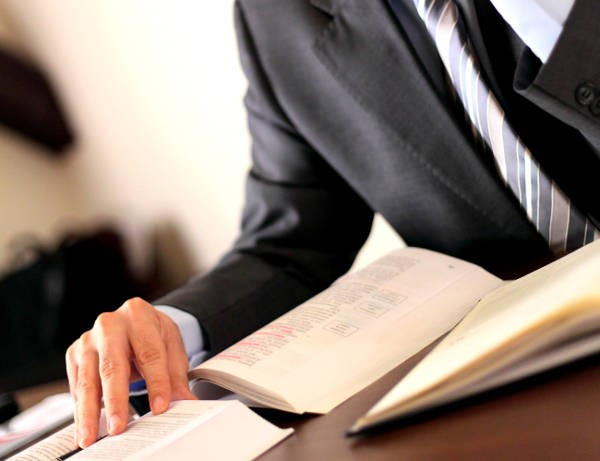Now Reading: The Role of Evidence in Personal Injury Cases
-
01
The Role of Evidence in Personal Injury Cases

The Role of Evidence in Personal Injury Cases
In Mississippi, 9,349 personal injury claims were filed in 2023, highlighting the importance of strong evidence to support each case. From medical records and accident reports to witness statements, evidence is crucial in proving fault and damages in places like Biloxi. Without it, securing fair compensation becomes significantly harder. Experts, such as Maloney-Lyons personal injury lawyers, have the experience and resources to help you collect and present compelling evidence, strengthening your case and maximizing your chances of success.
This blog explores evidence to highlight its vital role in personal injury litigations.
Understanding Personal Injury Cases
In every personal injury lawsuit case, the focus is on deciding who is responsible and how much harm was done. Incidents occur when people are hurt because of someone’s carelessness or deliberate behavior. Proving responsibility involves presenting all the facts and evidence clearly. Evidence plays a role in telling the story by helping to show who’s at fault and backing up requests for compensation.
Types of Evidence
In cases involving injuries, the evidence can vary in its forms. Physical evidence, like photos of the scene or medical records, provides proof of what occurred. Eyewitness accounts give views of the events playing a role in court proceedings. Moreover, expert opinions from specialists in fields bring perspectives that can influence decisions. Each form of evidence plays a role in portraying a picture of the incident.
The Role of Documentation
In personal injury cases, documents play a role in establishing the facts and supporting claims effectively. Medical records outline the injuries sustained by an individual and the treatment undergone, along with medical requirements, thus offering a comprehensive view of how the injuries have affected their lives. Moreover, police reports can provide a narrative of the incident by incorporating witness testimonies and officer observations when applicable.
The Importance of Witness Testimony
Testimonies from witnesses play a role in injury cases. They offer firsthand perspectives on events that can either strengthen or weaken a case based on their credibility and consistency with the facts presented.
Expert Opinions and Their Influence
Expert viewpoints are crucial in shedding light on matters in injury lawsuits. Professionals like doctors and engineers carefully assess evidence to provide valuable insights that aid in explaining complex details to jurors or judges and can sway legal outcomes in favor of one side.
Challenges in Gathering Evidence
In injury cases where evidence plays a role in determining outcomes, various obstacles arise during the evidence-gathering process that can complicate matters significantly. Physical evidence may deteriorate or go missing with time. Eyewitness recollections might fade and become inconsistent over time. Obtaining specific documents may involve overcoming bureaucratic obstacles or hurdles to access them swiftly for preservation purposes. This requires prompt action, and the expertise of legal experts is crucial in ensuring a thorough collection of evidence.
The Role of Technology
Technological advancements have transformed how evidence is gathered and presented in personal injury lawsuits. Tools like video surveillance and electronic health records offer dependable data that enriches the context. Moreover, technology enables the recreation of accident situations or the visualization of injuries, providing insight into what occurred. By embracing these developments, we can enhance the strength and persuasiveness of our evidence presentations.
Impact on Settlement Negotiations
When evidence is clear and thoroughly organized, it tends to push negotiations forward swiftly toward a resolution without the need for lingering legal battles. Strong evidence can often become a key tool used to nudge opposing parties towards settling matters without involving the formal court system.
End Note
In the world of injury lawsuits, evidence plays a role in shaping how legal processes unfold. It goes beyond being proof, impacting how things are perceived, helping with negotiations, and eventually deciding the results. Recognizing the significance of evidence enables people to better navigate the system, ensuring that fairness and justice prevail. Collecting and presenting evidence diligently makes the impact it holds in injury cases unquestionable.










